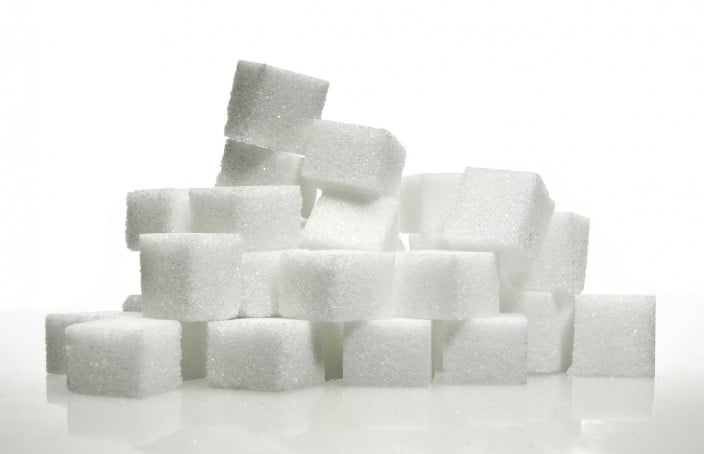Sugar has been a regular feature of news in 2015, with mounting campaigns developing to discourage excessive sugar consumption among the general public.
So far the year has witnessed Action on Sugar calling for a ban on energy drinks for under-16s and financial links emerging between the sugar industry and scientists tackling obesity.
Suffice to say, sugar is undergoing a less than sweet period in the public eye, but this does not stop sugar cravings from developing in people, with sugar known to trigger pleasure sensors in the brain – and thus the consumption of sugar continues.
In people with diabetes who are susceptible to hypoglycemia, sugar cravings develop as your body looks to get sugar. In this case, the temptation can arise for people to overeat sugar, such is the urge, but a lot of the time sugar cravings can develop out of the blue.
Conversely, when blood sugars are high, people with diabetes can crave more food due to feeling fatigued and hungry, forming a vicious cycle of sugar consumption.
Hedonista, a user of the Diabetes Forum, attests to sugar cravings coming from nowhere, writing: “So why have I suddenly developed major sugar cravings? It started last night, and I had a couple of squares of 85% chocolate, and it’s here again this evening – this time a ate one of the home made chocolates which someone gave me as a present.”
There are a number of theories why sugar cravings develop, including sugar addiction triggered by hormonal changes. Falls in blood sugar can also be blame due to particular carbohydrates where sugar takes longer to break down.
We’ve taken a look at some dietary techniques that people with diabetes can employ to reduce their sugar cravings –aside from during hypoglycemia – and keep that sweet tooth from panging throughout the day.
Things you should do
Start chewing more
Chewing two things, in particular, can be very useful.
Sugar-free gum has been shown by research to decrease food and sugar cravings, resulting in less sugar being consumed.
Meanwhile, fenugreek – a plant, widely grown in South Asia – is a small, yellow seed that can reduce blood sugar levels in people with diabetes.
Fenugreek slows down digestion and absorption of carbohydrates, which will quench your sweet tooth. They are also a rich source of vitamins, minerals and antioxidants.
Focus on nutritional food
Protein not only serves to make you feel full and satisfied, but it can be broken down by the body into glucose, decreasing your sugar cravings.
The effects of protein on blood glucose levels can take several hours to appear, requiring minimal management, with oily fish and lean meats, such as skinless chicken and turkey often recommended for a diabetic diet. However, high protein should be avoided in general, particularly in anyone diagnosed with diabetic kidney disease.
Fruit is another alternative to sugar, either fresh or dried, that contains natural sugar but also provides a variety of much more useful nutrients.
The fibre in fruit slows down the absorption of sugars, reducing the effects of a sugar rush, while other minerals and enzymes prevent the bad metabolic effects of glucose and fructose.
Things you should not do
Skip meals
Missing meals or waiting too long in between meals can create a sensation of starvation. This can result in irrational eating behaviour where sugar can be consumed as a quick fix.
The NHS particularly stress that people with type 2 diabetes should not skip meals – the temptation to then overeat, particularly on sugar products, can increase.
Eating a healthy breakfast also reduces the risk of experiencing unpredictable blood glucose levels throughout the day, while keeping you full in the process.
Assume sweeteners reduce sugar cravings
Research into sweeteners has found that cravings for sugary products can actually increase following consumption of sweeteners, and are not particularly effective in assisting weight loss.
While sweeteners can be very useful for people with diabetes looking for a sugar replacement, as their effect blood glucose levels is minimal, they are unlikely to reduce the cravings for sugar.
When used in moderation, the effect of sweeteners on blood glucose levels is minimal. However, your sugar cravings may likely increase later in the day.
Wean yourself off sugar
It is possible to wean yourself off sugar, as demonstrated by research at Tufts University, who reported food addictions, such as sugar cravings, can be changed.
The brain can be trained to like healthy foods, providing food being consumed is still rewarding the brain and enjoyment is had from eating more healthily.
Do you have any dietary techniques that have worked in reducing your sugar cravings? Do you find you get cravings at particular times of the day? Let us know your experiences.


